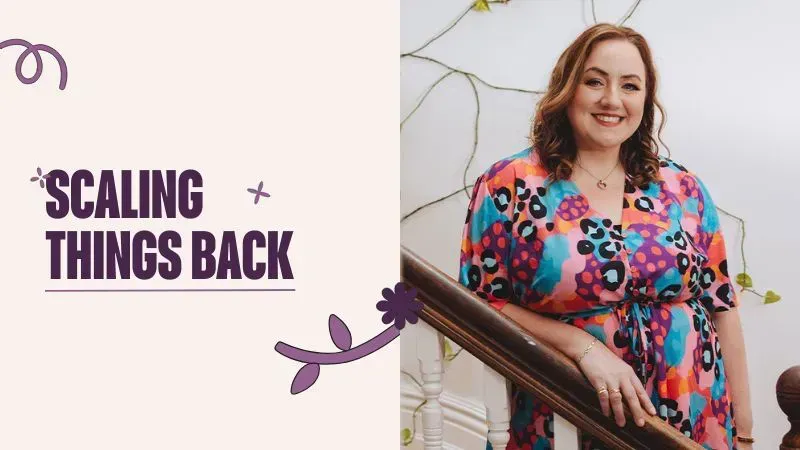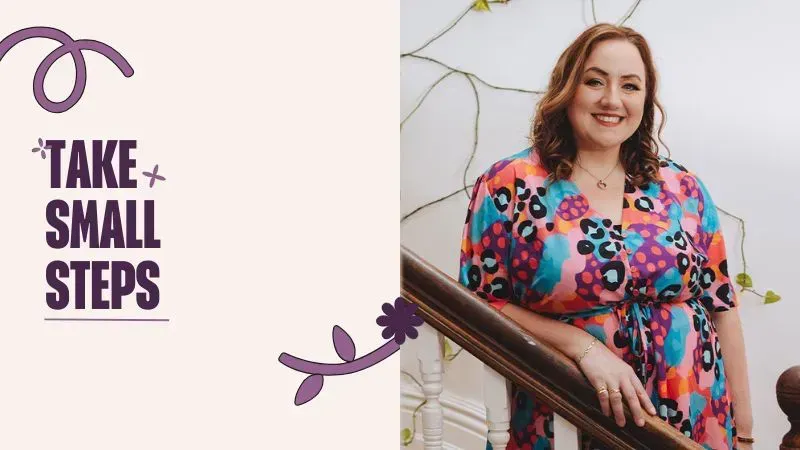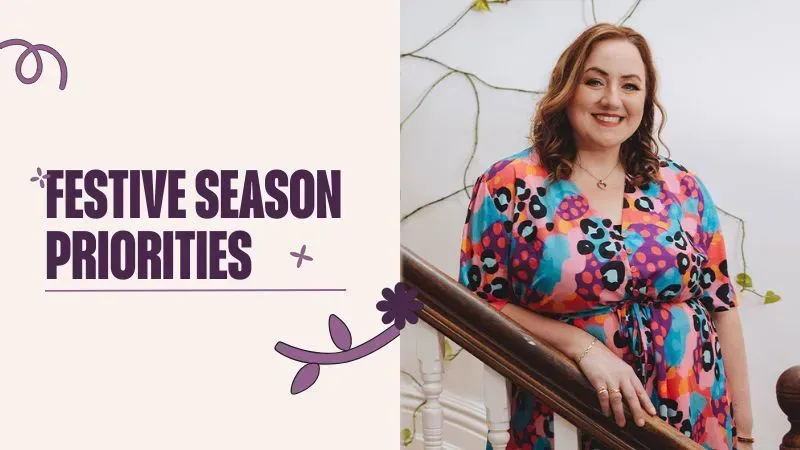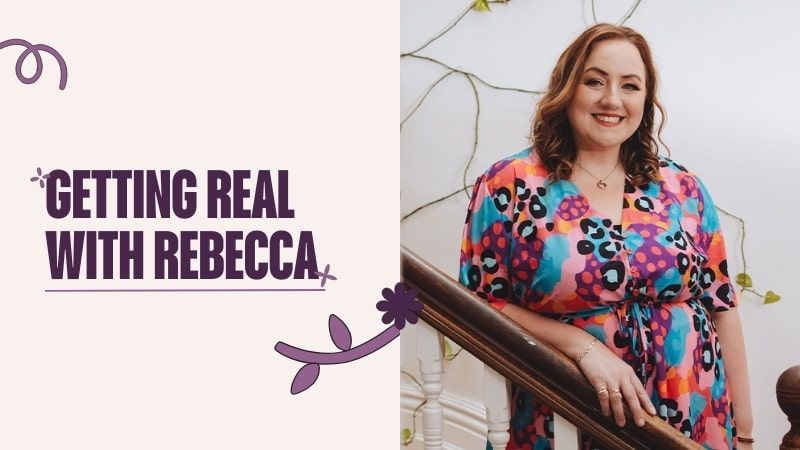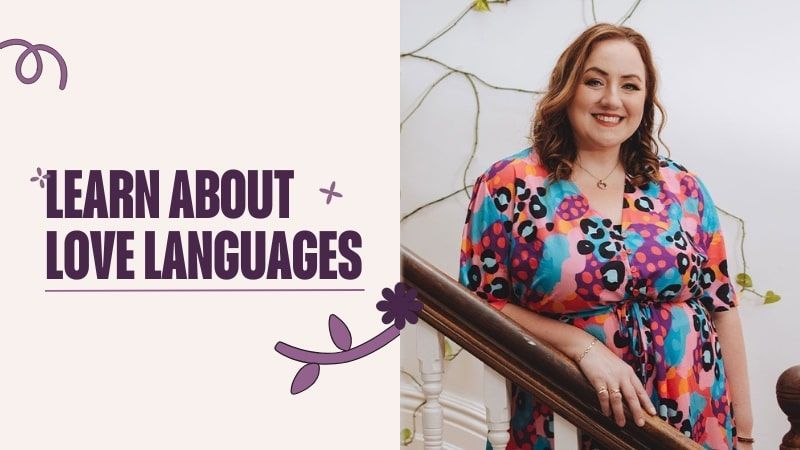Tricky People: Talking to Children About Potential Danger
Newsletter #2
(TW: Childhood abuse)
Raising children and trying to keep them safe can be super overwhelming, especially if you’ve suffered abuse yourself. Sadly, the rates of children sexual abuse in Australia remain high.
Current statistics suggest that 1 in 3 girls experience childhood sexual abuse and almost 1 in 5 boys.
Most children are abused by someone they know or who is known to the family.
So with these horrifying statistics in mind, how do you talk to children about people who could potentially be a danger to them? How much information do you need to give and what do you say? How do you address the fact that if they were to be in danger, it is most likely going to be from someone they know and trust?
Often people worry that these conversations strip children of their innocence but given the statistics, this is a far better option than them having their innocence destroyed by a predator. Knowledgeable children are safer children.
Start talking to your children about TRICKY people, rather than “good” and “bad” people
Explain that almost all tricky people seem like good people to begin with and will often feel safe, trustworthy and fun to be around. They need to have a framework to understand how someone they trust can suddenly become unsafe.
Teach them exactly what constitutes inappropriate behaviour and role play with them what to say if someone violates a boundary such as saying “Stop! I don’t like that and I’m going to tell my mum and she will tell the police”.
Make sure they anticipate the scare tactics from perpetrators such as threats about telling an adult. Explain that these are all the TRICKS of the TRICKY people.
Warn them about other TRICKS such as adults saying they “depend” on the child, sending gifts, photos, special secrets etc. Children need to have an understanding of potential grooming behaviours.
Make a habit of asking your children every day what was the best part of their day and what was the trickiest?
Reassure them that whatever they tell you, will ALWAYS be believed and acted upon and that they will never get into trouble for speaking up.
Teach them to use the correct terms regarding their “private parts” so there is no potential for misinterpretation related to an abused child.
Talk to your children about body safety, consent and tricky people OFTEN. Children who are comfortable with these conversations and have a sound understanding of body safety are significantly less likely to become victims.
I know this is a hard topic but it’s so incredibly important. The simple change in language to “tricky people” can be game changing. If you know anyone who cares for young children, who this could be beneficial to, please consider forwarding it to them.
Have a wonderful week,
Bec x

